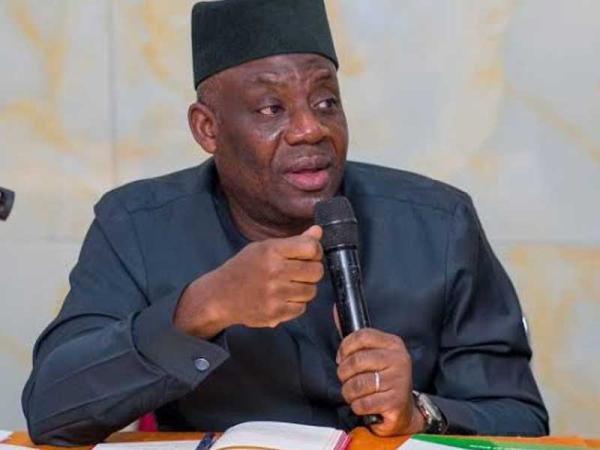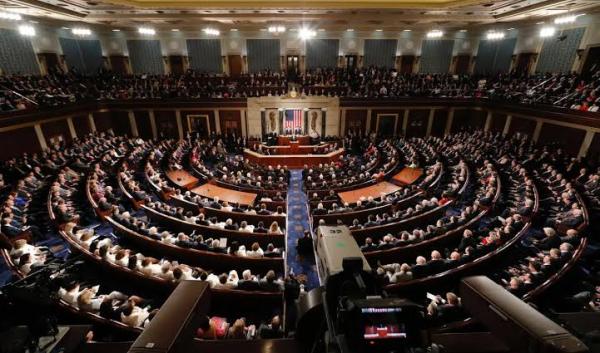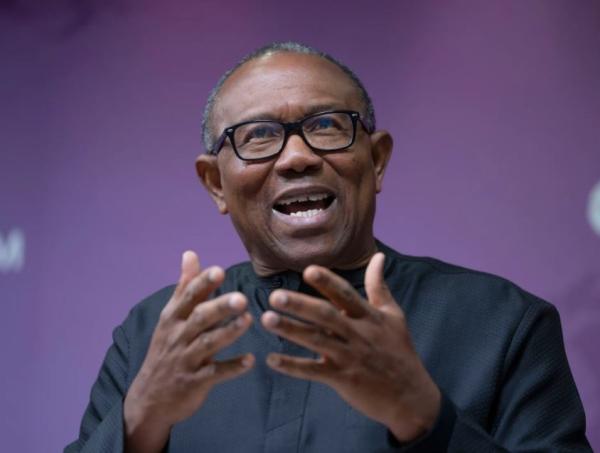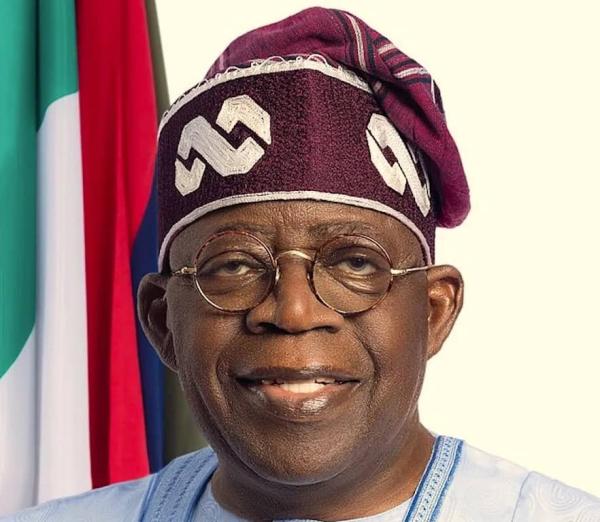
Heineken Lokpobiri, the Minister of State for Petroleum Resources (Oil), states the Federal Government is determined to ensure that every barrel of crude oil produced in Nigeria adds real value both at home and abroad.
He announced a strategic push to bolster indigenous refining capacity, underscoring a pivot toward that energy self-sufficiency and economic growth as he disclosed the government’s commitment to ensuring domestic refiners receive a reliable supply of crude oil through the Domestic Crude Oil Supply Obligation.
He said this on Tuesday during the 2025 COREN Summit in Lagos.
Lokpobiri, who was represented by his Technical Adviser, Ndah Adaba, stated that improving local refining capacity and energy security remains central to Nigeria’s development goals.
The theme of the summit, “Refinery – Key to Energy Security in Africa,” brought together engineers, policymakers, and energy professionals from across the continent.
According to Heineken, as part of a deliberate policy and broader strategy, the ‘Naira for Crude’ sales agreement will continue to play a vital role in reducing the cost of fuel production.
He also added that it would also help mitigate exchange rate volatility and support indigenous refining capacity.
Lokpobiri stated that through the Nigerian Midstream and Downstream Petroleum Regulatory Authority (NMDPRA), the government had streamlined the licensing process — from the Licence to Establish, to Construct, and Operate.
This, he stated, was to ensure that credible investors are supported rather than hindered by bureaucratic bottlenecks.
Heineken said, “Beyond licensing, the government is also enabling crude oil supply to domestic refiners through the effective implementation of the Domestic Crude Oil Supply Obligation (DSCO).
No nation can claim energy independence without the ability to refine its own crude.”
He said that the timing of the summit was critical, as Nigeria and Africa at large face a pivotal moment requiring bold action to ensure energy security, promote indigenous refining, and position the continent as a net exporter of petroleum products.
Lokpobiri added that under President Bola Tinubu’s Renewed Hope Agenda, indigenous refining had been identified as a key driver of energy independence, job creation, and industrial revitalisation.
“Today, we have seen indigenous success stories such as Dangote Refinery & Petrochemical, Waltersmith Petroman Refinery, and Aradel Holdings, among others.
These projects are more than just facilities; they symbolise confidence in our policy direction. We are committed to replicating such success across all oil-producing states,” he state.
In a move to expand Nigeria’s refining influence beyond its borders, the minister added that the government had launched the West African Fuel Reference Market, aimed at positioning Nigeria as a regional hub for refining and petroleum product supply within the West African subregion.
“With increased domestic refining capacity, Nigeria will not only meet its internal demands but also become a reliable supplier to neighbouring countries, reducing dependence on distant refineries and costly maritime imports.
This aligns with the African Union’s vision for energy integration and intra-African trade under the African Continental Free Trade Area (AfCFTA),” he noted.
Looking ahead, Lokpobiri said the government would ensure feedstock security for all licensed refiners and deepen fiscal incentives to attract further investments.
He also highlighted ongoing efforts to enhance collaboration among the Ministry of Petroleum Resources, NMDPRA, NUPRC, and security agencies to combat crude theft, curb pipeline vandalism, and strengthen relations with host communities.
The minister also talked on the need for African nations to collaborate on product exchange, logistics, and shared energy infrastructure.
“The path to Africa’s energy security runs through the gates of our refineries and the institutions that support them.
The Federal Government remains fully committed to supporting indigenous refiners, strengthening regulatory institutions, and creating an enabling environment for sustainable growth in the downstream sector.
Let this COREN Summit 2025 serve as a renewed call to industry players, regulators, investors, and policymakers — to unite in building an Africa that refines what it produces and powers its future through its own resources,” he said.
Also, the importation of Premium Motor Spirit, popularly known as petrol, into Nigeria had dropped to an eight-year low in September, a new report has stated.
The sharp decline happened as government reforms and expanding local refining capacity continue to redefine Nigeria’s downstream oil market.
A report by Argus on Monday disclosed that Nigeria received 116,000 barrels per day, equivalent to 18.44 million litres of petrol shipped by sea last month, down from 154,000 barrels per day (24.49 million litres) in August, the lowest on Kpler records that began in 2017.
The decline persisted even as operations at the country’s 650,000-barrel-per-day Dangote Refinery were slowed by ongoing maintenance and a recent industrial action by the Petroleum and Natural Gas Senior Staff Association of Nigeria.






















